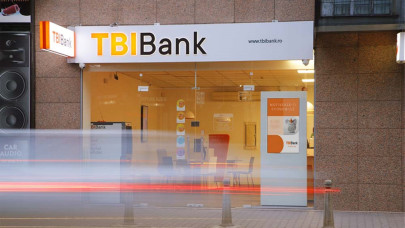The report reveals that the residential market in 2023 commenced on a cautious note, with transactional volumes witnessing a decline of 20% to 40% compared to the previous year. Factors contributing to this downturn included inflationary pressures, shifting investment preferences, and elevated mortgage financing costs. As the year unfolded, the market showed signs of a rebound, propelled by enhanced earnings growth, favourable lending terms, and short-term demand stimulated by legislative VAT changes. Consequently, by year-end, transactional activity only experienced a modest decline of 5% to 15% vs 2023.
"Despite a challenging start, the residential market demonstrated robust resilience throughout 2023. The second half of the year marked a significant increase in transactions, supported among others by factors such as increased buyer confidence and attractive financing options. Another provoking factor was also determined by the fact that real estate lost ground in 2023 to other types of investments, such as bank deposits or government bonds, but 2024 promises a considerable recovery from this point of view as well," said Andrei Stefan, Partner, STC Partners.
Looking ahead to 2024, the report anticipates a more optimistic outlook for the residential market, buoyed by favorable macroeconomic conditions and higher demand levels, especially expected to realise in the second part of the year. Key drivers of this positive sentiment include declining inflation rates, anticipated decreases in central bank interest rates, continued availability of attractive mortgage financing options, and redirection of available savings towards real estate transactions.
Furthermore, while the new supply may experience slight contractions, the market is expected to witness higher transactional activity also considering the availability of some remaining properties for sale in certain submarkets, getting close to the record levels of the 2021-2022 period, while price increases should catch up with the earnings growth and position above inflation.
"While some challenges persist and 2024 will be a dynamic year with elections that tend to bring short-term uncertainty, there are good reasons to be optimistic about the residential market's performance in 2024,” added Andrei Stefan.











